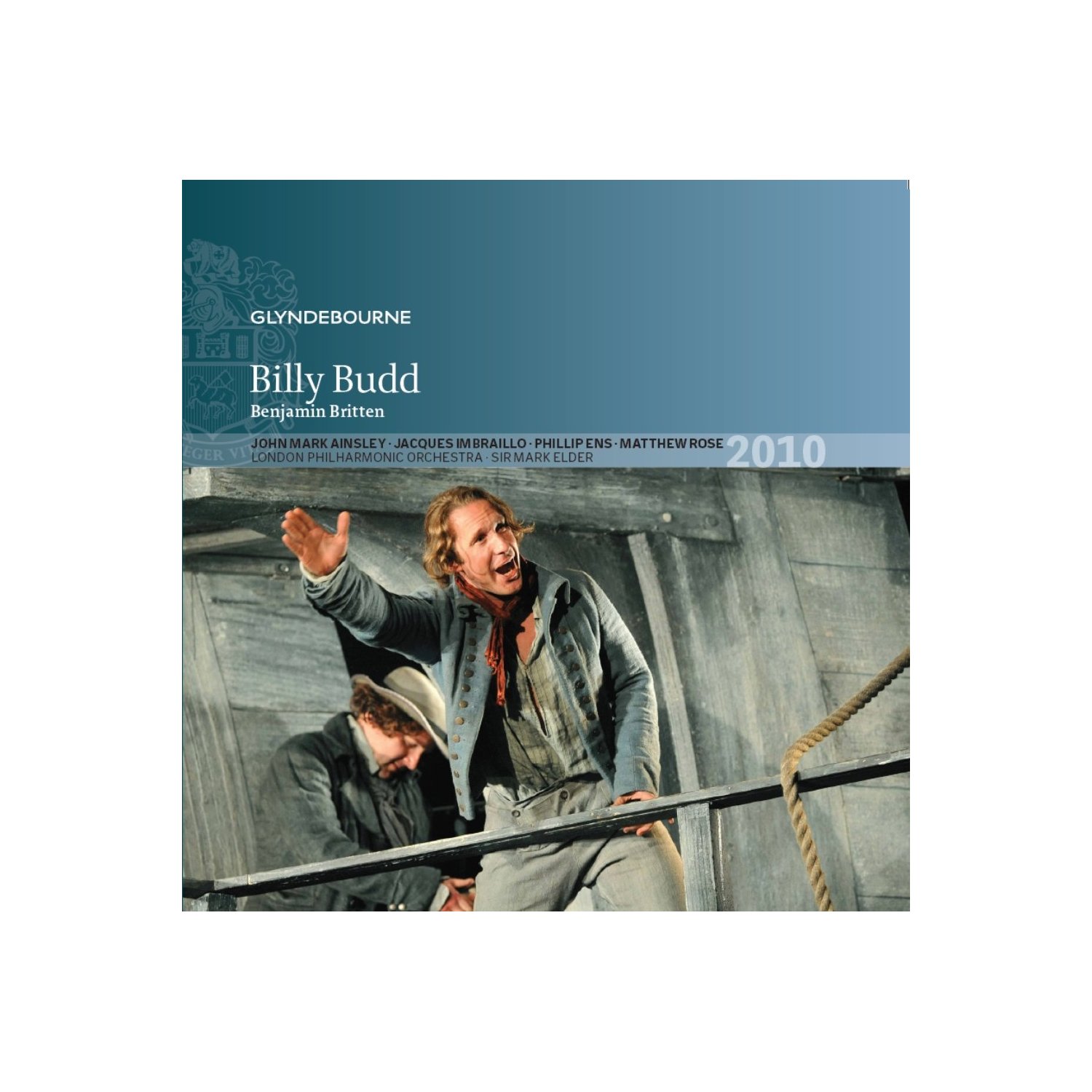theartsdesk Q&A: Mezzo-soprano Sarah Connolly
Britain's finest mezzo talks tragedy, comedy and French baroque
It may have taken Sarah Connolly a decade or two, a detour to choral singing and a serious flirtation with jazz, but the British mezzo-soprano has most definitely arrived at full-blown National Treasure status. Perhaps it was her career-changing Xerxes in Nicholas Hytner’s 1998 Xerxes for English National Opera that marked the start of her reign, perhaps her 2005 Giulio Cesare for Glyndebourne.

 Britten: Billy Budd John Mark Ainsley, Jacques Imbraillo, Matthew Rose, Philip Ens, Glyndebourne Chorus, London Philharmonic Orchestra/Sir Mark Elder (Glyndebourne)
Britten: Billy Budd John Mark Ainsley, Jacques Imbraillo, Matthew Rose, Philip Ens, Glyndebourne Chorus, London Philharmonic Orchestra/Sir Mark Elder (Glyndebourne)